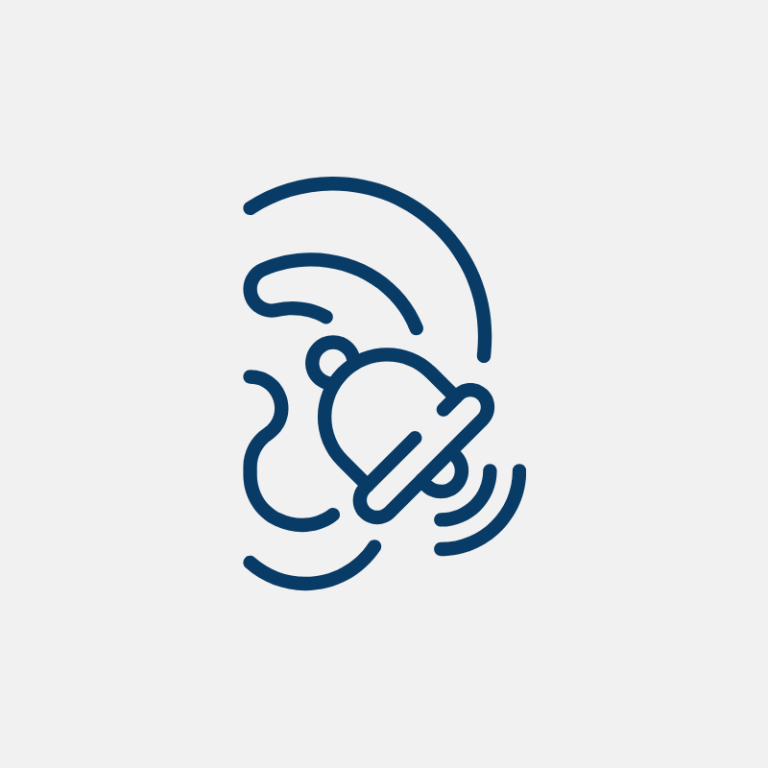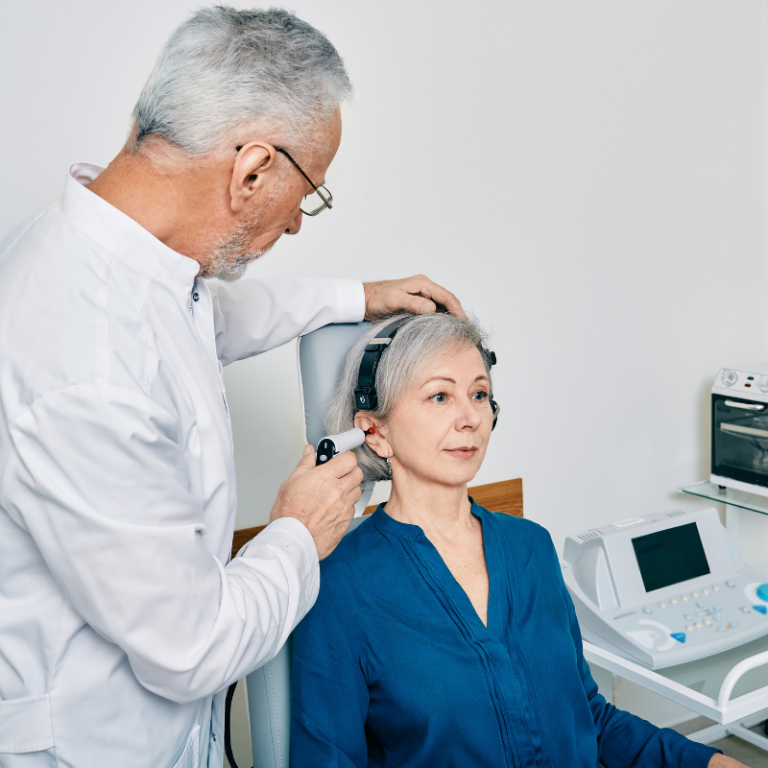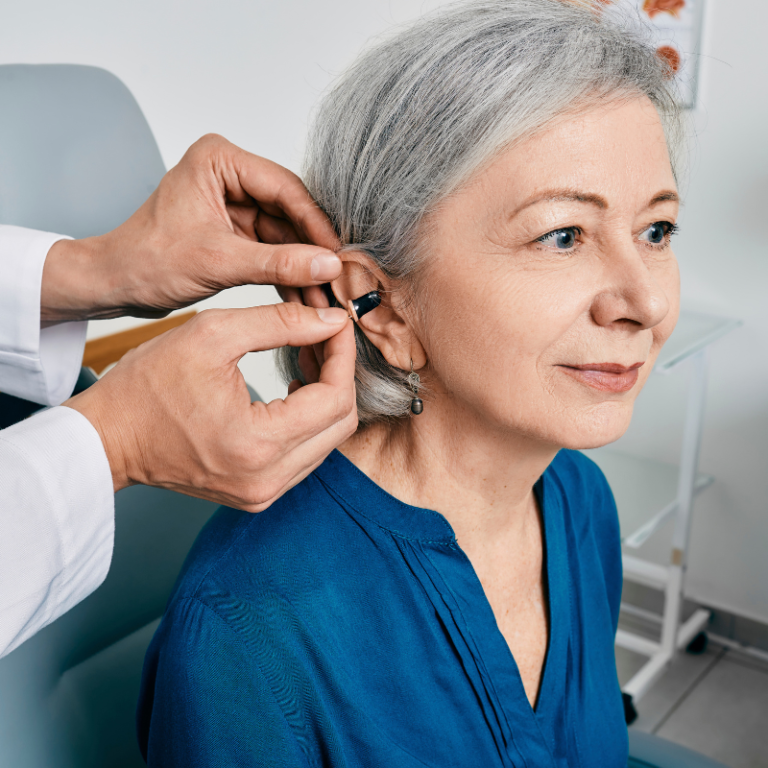Hearing loss is a common part of ageing. Presbycusis (age-related hearing loss) is the most common reason people lose their hearing and usually occurs gradually over time. Symptoms can include having trouble keeping up with conversations and needing to turn the TV or Radio up to be able to hear it. There’s no cure for age-related hearing loss however it can be managed with tools such as hearing aids.
Read on to learn more about presbycusis with The Hearing Care Partnership.




